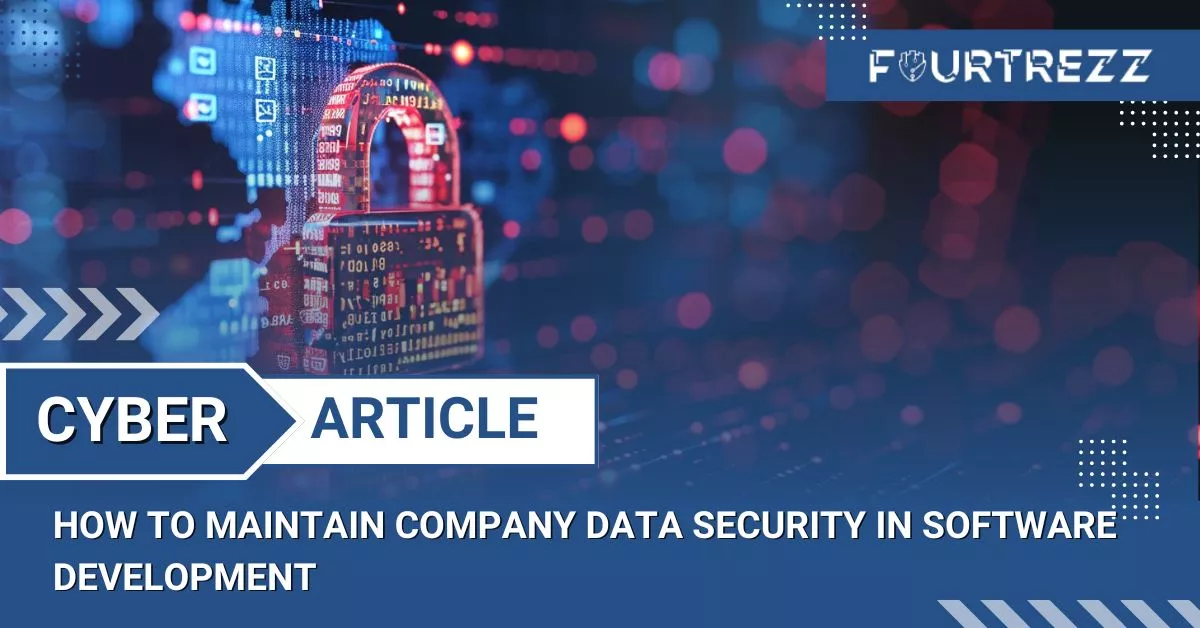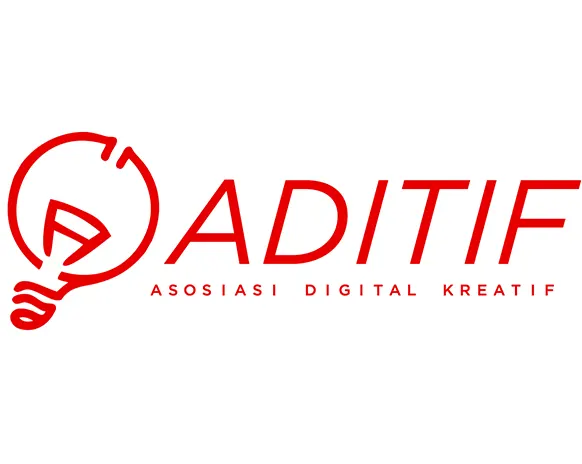How to Maintain Company Data Security in Software Development
In today’s digital era, data has become a valuable asset for every company. With the increasing development of software, it has become crucial for businesses to understand and safeguard their data. In this article, we will explain the importance of understanding and maintaining company data security in software development.

Understanding Company Data
Before discussing how to safeguard company data in software development, we need to have a detailed understanding of what company data entails. Company data refers to information owned by the company, such as financial data, customer data, and employee data. This data can be stored in various formats, such as spreadsheets, databases, and cloud storage.
Financial data includes information about the company’s finances, such as financial reports, cash flow, and budgets. Customer data includes information about company customers, such as names, addresses, phone numbers, and emails. Meanwhile, employee data includes information about company employees, such as names, addresses, phone numbers, emails, and employee identification numbers.
Company data is crucial for business operations and decision-making. Financial data is used to measure the company’s financial health and create financial plans. Customer data is used to understand customer needs and enhance customer experiences. Meanwhile, employee data is used for human resource management and employee performance evaluation.
Therefore, it is essential to maintain the security and confidentiality of company data. Data breaches can cause significant financial and reputational damage to companies, resulting in a loss of trust from customers and stakeholders.
Data Breach Risks
Data breach risks need to be a primary concern in maintaining the security and confidentiality of company data. Data breaches can occur through cyber-attacks and data theft by irresponsible parties. Data breach risks can cause significant financial and reputational damage to companies, leading to a loss of trust from customers and stakeholders.
To mitigate data breach risks, companies should implement access controls, encryption techniques, data backups, and employee training on data security practices. Access controls ensure that only authorized personnel can access sensitive company data. Encryption techniques can help protect company data from hackers and cyber-attacks. Regular data backups can help prevent data loss in the event of a breach or other disasters. Employee training on best practices for data security is also essential.
Additionally, companies should consider legal and ethical aspects in data collection and usage. Companies must ensure that data collection and usage comply with applicable regulations and laws. Companies should also pay attention to the privacy rights and data security of employees and customers. Companies must ensure that collected and stored data is secure and encrypted to prevent unauthorized access. Furthermore, companies should consider the ethical implications of employee and customer data usage and ensure that collected data is only used for legitimate purposes and does not violate individual privacy.
Maintaining Company Data in Software Development
Maintaining company data should be a top priority for every business, especially during software development. Here are some ways to maintain company data in software development:
Implementing Access Controls: Access controls ensure that only authorized personnel can access sensitive company data. This can be achieved by implementing role-based access controls, two-factor authentication, and other security measures.
Using Encryption: Encryption is the process of converting data into secret code to prevent unauthorized access. Implementing encryption techniques can help protect company data from hackers and cyber-attacks.
Regular Backups: Regular backups of company data can help prevent data loss in the event of a breach or other disasters. Backups should be stored in a secure location and regularly tested to ensure they can be restored in emergency situations.
Employee Training: Employees play a crucial role in maintaining company data. Companies should provide training on best practices for data security, such as avoiding phishing schemes and creating strong passwords.
Legal and Ethical Considerations
Companies should consider legal and ethical aspects in data collection and usage. Companies must ensure that data collection and usage comply with applicable regulations and laws. Companies should also pay attention to the privacy rights and data security of employees and customers.
This can be done by ensuring that the company complies with privacy and data protection regulations and laws, such as the General Data Protection Regulation (GDPR) in the European Union or the Law No. 11 of 2008 concerning Electronic Information and Transactions in Indonesia. Companies should also ensure that collected and stored data is secure and encrypted to prevent unauthorized access.
Additionally, companies should consider the ethical implications of employee and customer data usage. Companies must ensure that collected data is used only for authorized purposes and not used for other unauthorized purposes or in violation of employee and customer privacy. Companies should also respect the privacy rights of employees and customers by providing information about the use of their data and providing options to opt out of data collection and usage.
Ethical Considerations
Companies should consider the ethical implications of data collection and usage. It is essential to comply with the privacy and data security of employees and customers. Companies should also ensure that collected data is used only for authorized purposes and not used for unauthorized purposes.
Conclusion
Maintaining company data should be a top priority for every business, especially during software development. Data breaches can cause significant financial and reputational damage to companies, leading to a loss of trust from customers and stakeholders. To maintain company data, companies should implement access controls, use encryption, perform regular backups, and provide data security training to employees. Additionally, companies should consider legal and ethical considerations related to employee and customer data privacy.










